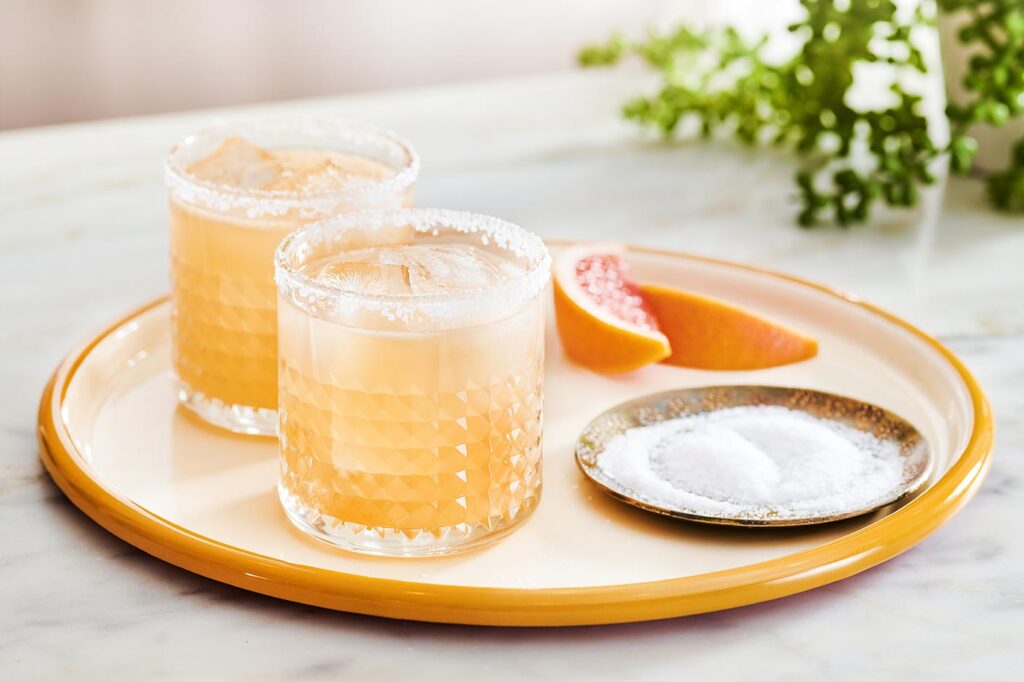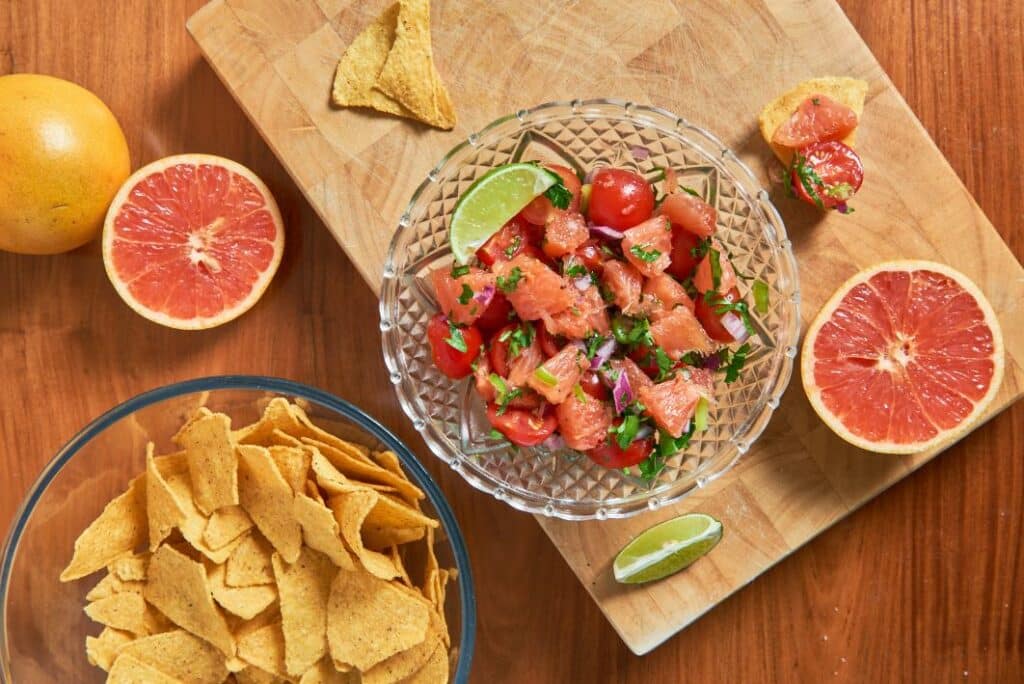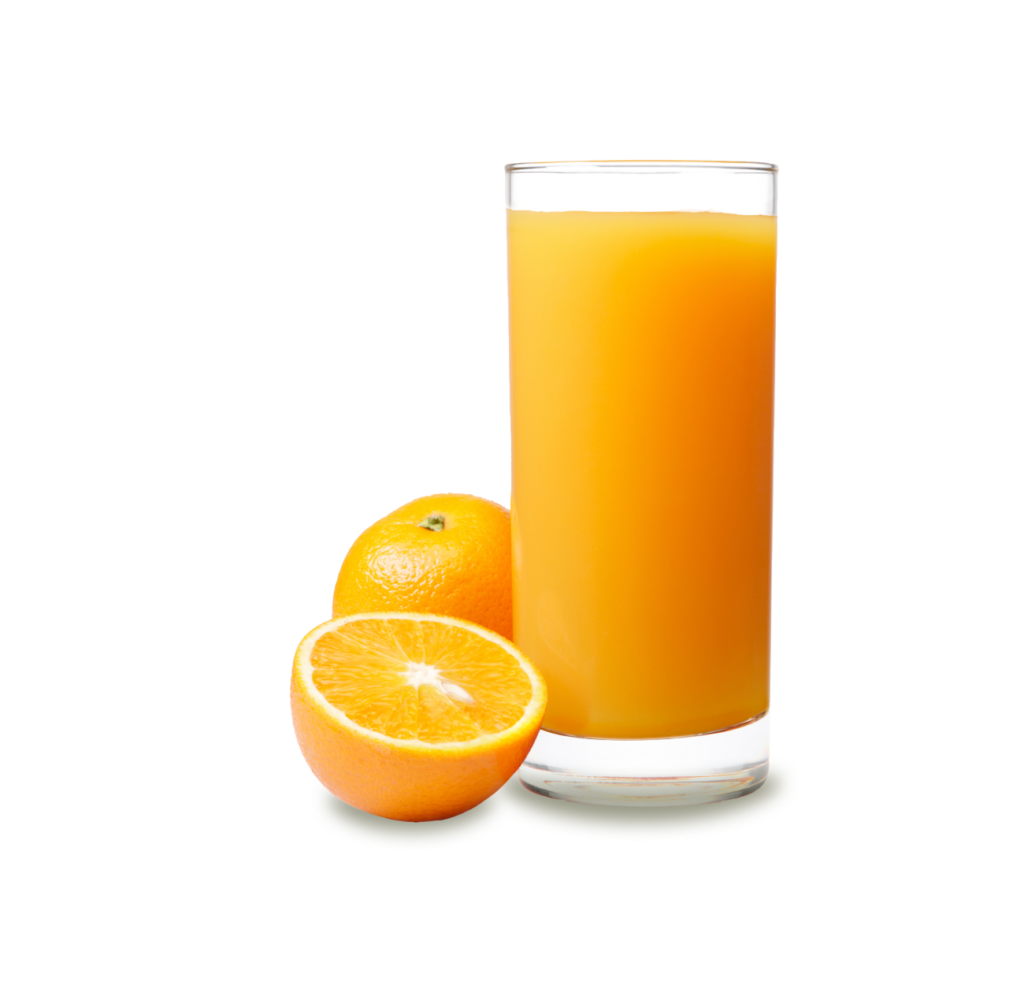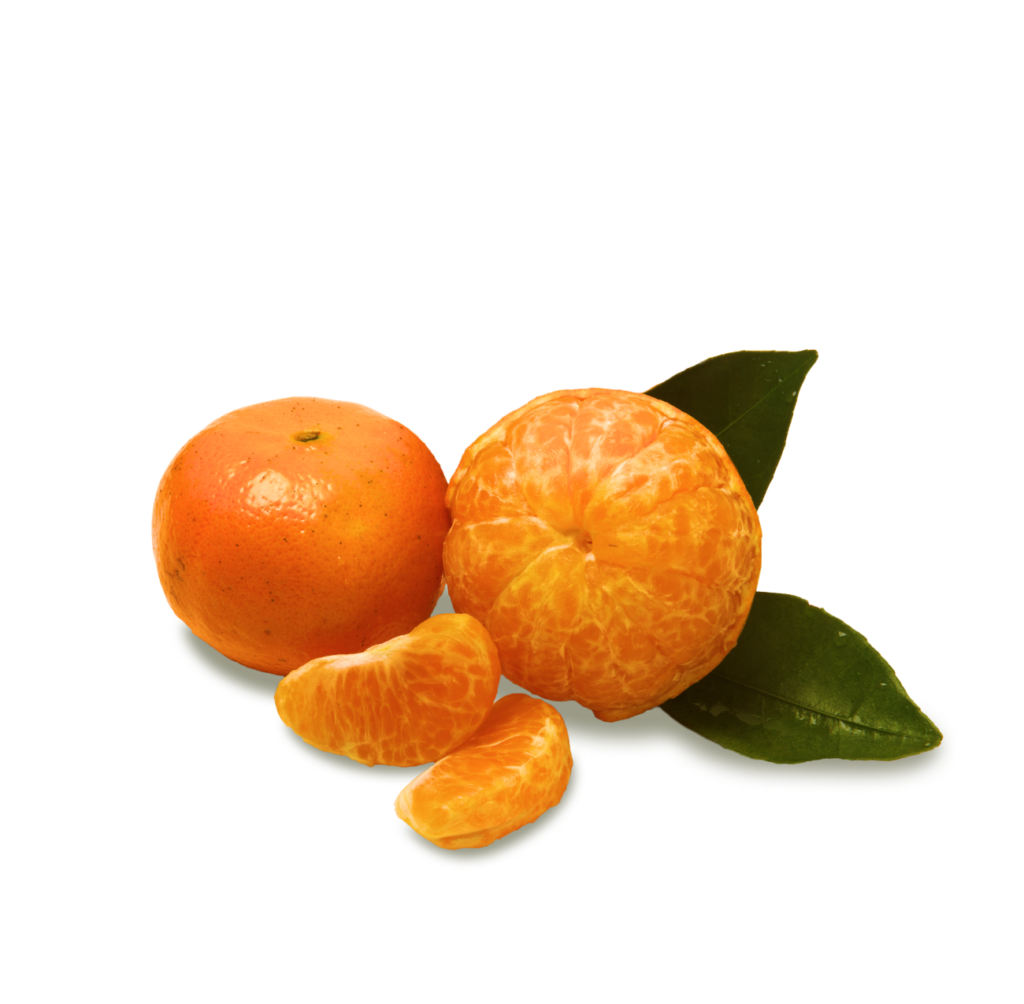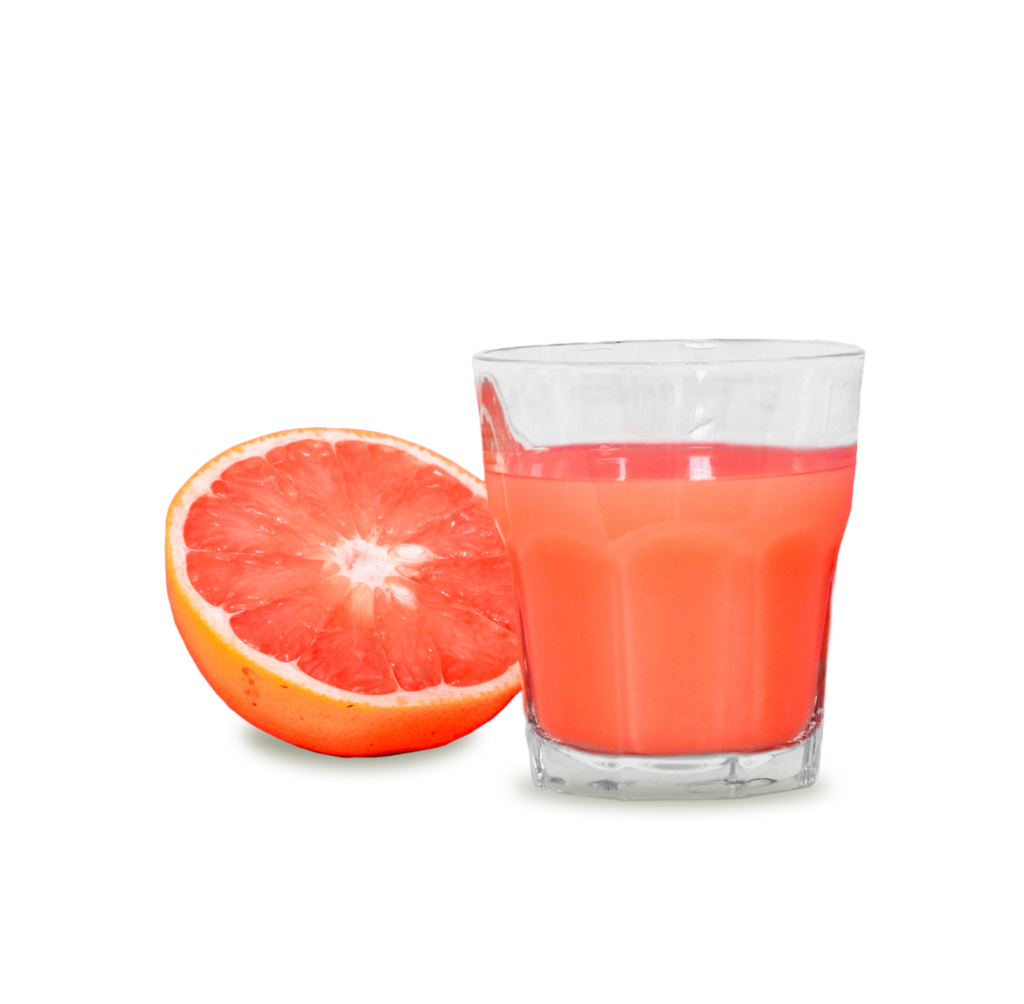
Recipes
Whether you’re in need of a quick and easy weeknight meal or a show-stopping entrée, we’ve got the Florida Citrus-inspired recipes to keep your loved ones coming back for more. From beverages and appetizers to main courses and desserts, everything under the sun is made better by Florida Citrus.

Shop the Freshest Florida Citrus
Bring the taste of Florida sunshine direct from our groves to your table! Discover where to shop for the freshest Florida Citrus, from trusted retailers to local fresh fruit shippers. Juicy oranges, tangy grapefruit, sweet tangerines, and Florida Orange Juice or Grapefruit Juice to sip and savor – we’ve got all the citrus favorites you’re craving.
Taste the Wellness
Discover the perfect balance of flavor and wellness beneath every peel. Packed with nutrients and bursting with taste, Florida Citrus and Florida Citrus Juice offer a step toward a healthier you when consumed as part of a balanced diet.
Blog
Peel back the surface and get the juice on all things Florida Citrus! From health and nutrition to cooking and lifestyle – plus real stories from our groves – this blog is your main squeeze for bringing a taste of Florida sunshine to your table.










